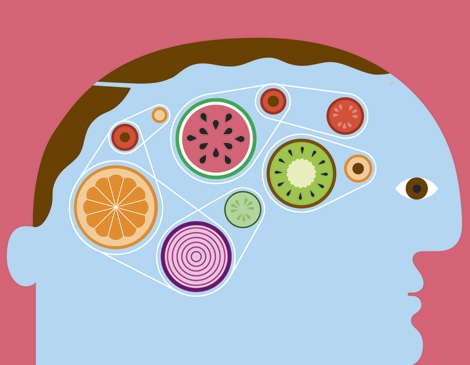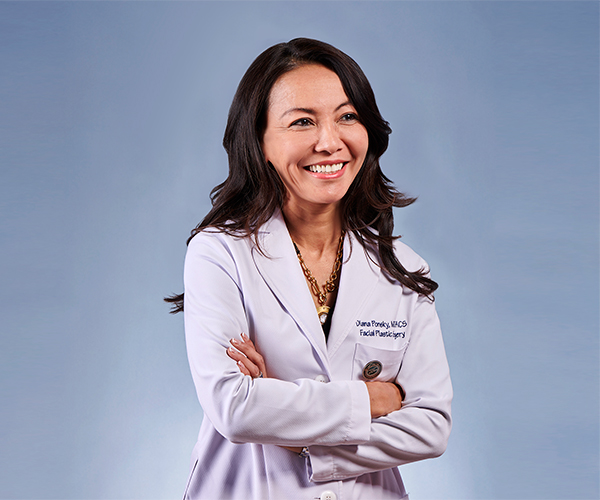
Best Doctors: How Gut And Brain Health Are Connected
Dr. Gregory Cooper of University Hospitals' gastroenterology fellowship explains how one affects the other.
Q. What are some examples of the way the gut and brain affect each other?
A. We all have bacteria in our intestine, in our colon. That’s normal. It’s not a sterile organ. The differences in the bacterial composition of the colon among people can be associated with risks for different diseases, not only gastrointestinal diseases like Crohn’s disease, but also diseases outside the gut. People have shown that multiple sclerosis and autism, have been associated with differences in bacterial flora in the gut.
Q. What is the association?
A. The hypothesis is that there are certain products that these bacteria generate that can lead to other diseases. It’s not clear, though, that if you have somebody who has one of these diseases and you change their bacteria, that you’re really going to impact the disease. There are people who think it’s the other way around, that having the disease somehow alters the bacterial flora.
Q. What should we be doing to keep the gut healthy?
A. Eat a diet that is balanced. A diet that’s low in fiber has potentially been linked to diseases. So a diet that’s high in fiber and low in animal fat is healthier. The other thing that’s been linked to a lot of diseases is obesity. The bacterial flora in patients who are obese may be different than in patients who are not.
Q. What about taking probiotics?
A. Unfortunately, it’s not consistent that if you take a probiotic, you’re going to have any lasting changes in your flora. You may change things temporarily. But then, over time, it kind of reverts back. I think it’s more of a short-term fix.
Q. Your study of patients who had undergone appendectomies showed a threefold risk in developing Parkinson’s disease. Why the increased risk?
A. What I don’t want people to take away from this is that, “Oh, my God! I shouldn’t get my appendix out.” Less than 1% of people with an appendectomy went on to develop the disease. There’s a protein that is found in two places. The gut … and it’s found in the brain in something called Lewy bodies … these deposits in the region of the brain called the basal ganglia that lead to the motor problems with Parkinson’s disease. The theory is that either at the time of appendectomy or appendicitis, when this protein gets released, it travels in the opposite direction from the gut up to the brain and then deposits in the brain near the basal ganglia.
Three superfoods that combat brain aging.
These are brain boosting supplements you need to add to your diet.
Click here to read the more articles from Best Doctors: Special Brain Health Report cover package.
best doctors
8:00 AM EST
August 2, 2019



